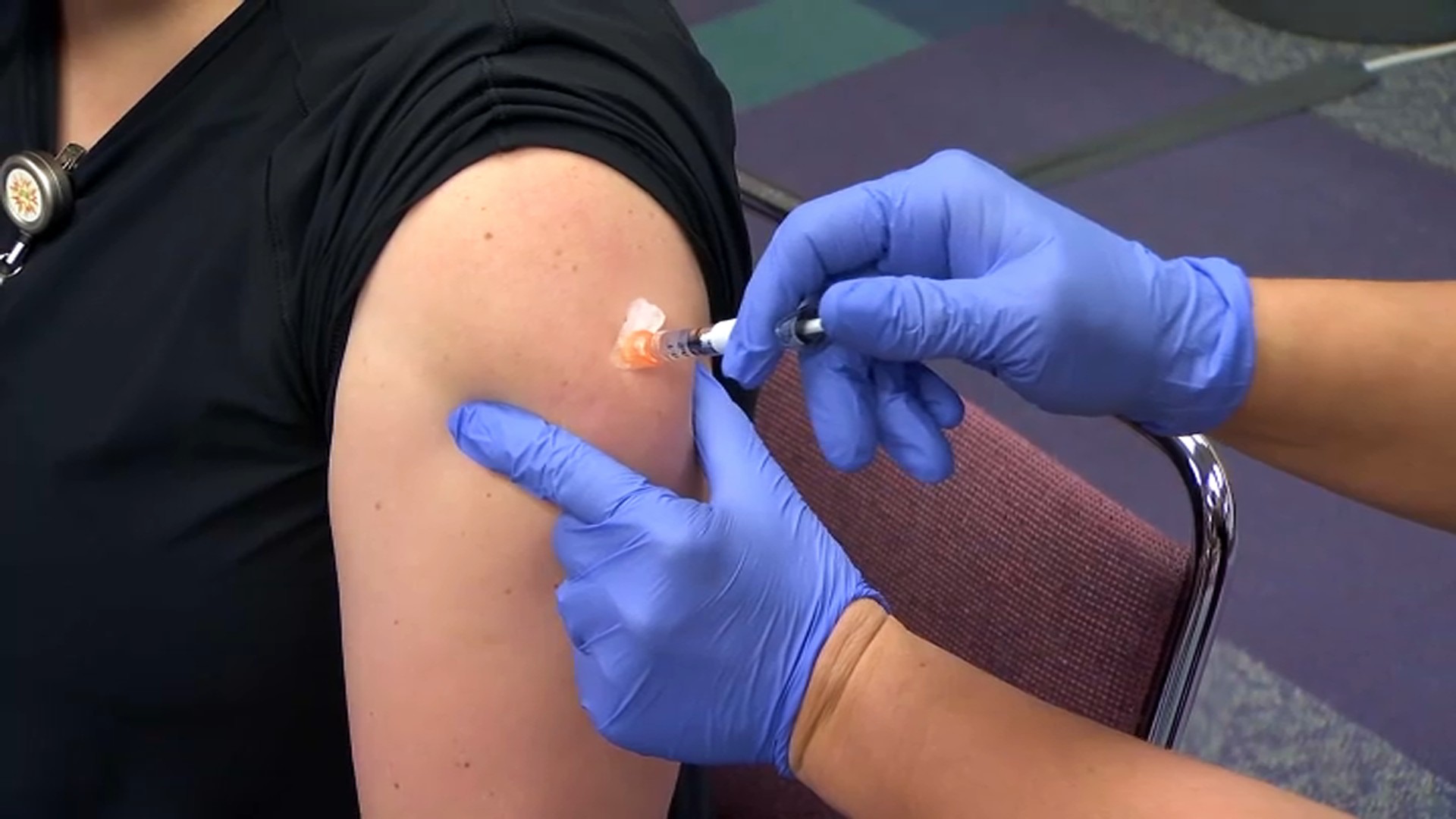A Bay Area doctor is flying to Lebanon to provide medical assistance to those impacted by recent airstrikes in the war-torn region.
Israel has increased its airstrikes and initiated a ground incursion into southern Lebanon, intending to target Hezbollah militant leaders backed by Iran. On Tuesday, Iran launched nearly 200 ballistic missiles toward Israel, raising concerns that the escalating attacks, along with an Israeli response, could lead to a full-scale regional war.
On Friday, Israel carried out a series of airstrikes in Beirut, targeting Hezbollah's presumed new leaders as well as other senior militants. And with no signs of a ceasefire, Dr. Mohammad Subeh said he had to go.
"As human beings, we should care about what our fellow human beings are experiencing abroad, and that is something that was always taught to me at a young age by my parents and also by my mentors, emergency doctors, because as ER doctors, we're there to help people during their most difficult times, it doesn't matter who you are," Subeh said.
Israel and Hezbollah have been exchanging fire across the Lebanon border almost daily since Hamas, another Iranian-backed militant group, attacked Israel on Oct. 7, sparking the war in Gaza.
As part of the airstrikes, a key road that thousands of Lebanese were using to cross safely into Syria was cut off. Local officials said Israel's bombardment has displaced more than a million people and killed more than 2,000 people.
This trip would be Subeh's third medical mission to the Middle East in recent months. He had previously visited Gaza twice.
U.S. & World
Subeh said it's not easy to leave his wife and children, but helping others is part of his family values.
"That's what I think about, especially when it gets tough when it gets exhausting," said Naiema Din, Dr. Subeh's wife. "We're not here just for ourselves; we're here for everyone."
Get a weekly recap of the latest San Francisco Bay Area housing news. >Sign up for NBC Bay Area’s Housing Deconstructed newsletter.
Dr. Subeh will join six other doctors and surgeons going to the region to help.
"I reached out to several NGOs to see how I could be of assistance, and luckily, yesterday, I got the green light to be able to enter," he said.
Separately, a San Mateo Native is back in the Bay Area after struggling to find a flight home from the Middle East.
Jonathan Sahyoun said he and his parents had been in Lebanon visiting family when Israel began its ground invasion of the country.
Sahyoun spoke to NBC Bay Area earlier in the week when he struggled to find a flight. It wasn't until the United States Embassy reached out to Sahyoun and his family that a flight became available.
"Feeling relieved to finally make it back home," he said. "You could see the smoke and the fires right next to the airport, so it was scary. I told my dad I didn't feel safe going to the airport, but he said, 'Jonathan, this could be our last chance.'"
Around 250 Americans and their relatives have been evacuated from Lebanon this week due to the conflict between Israel and Hezbollah, while many others remain in the country facing airstrikes and limited flight options.
In Washington, senior State Department and White House officials met with two top Arab American officials on Thursday to discuss U.S. efforts to assist American citizens in leaving Lebanon.
Several other countries, such as Greece, the United Kingdom, Japan and Colombia, have also organized flights or dispatched military planes to evacuate their citizens from the country.
The State Department has been advising Americans not to travel to Lebanon for nearly a year. Over the past few months, the agency has recommended that Americans leave the country using commercial flights. The department has clarified that government-run evacuations are rare, but emergency loans are available to assist with travel out of Lebanon.
Over 6,000 American citizens have contacted the U.S. Embassy in Beirut in the past week seeking information on departing the country.



